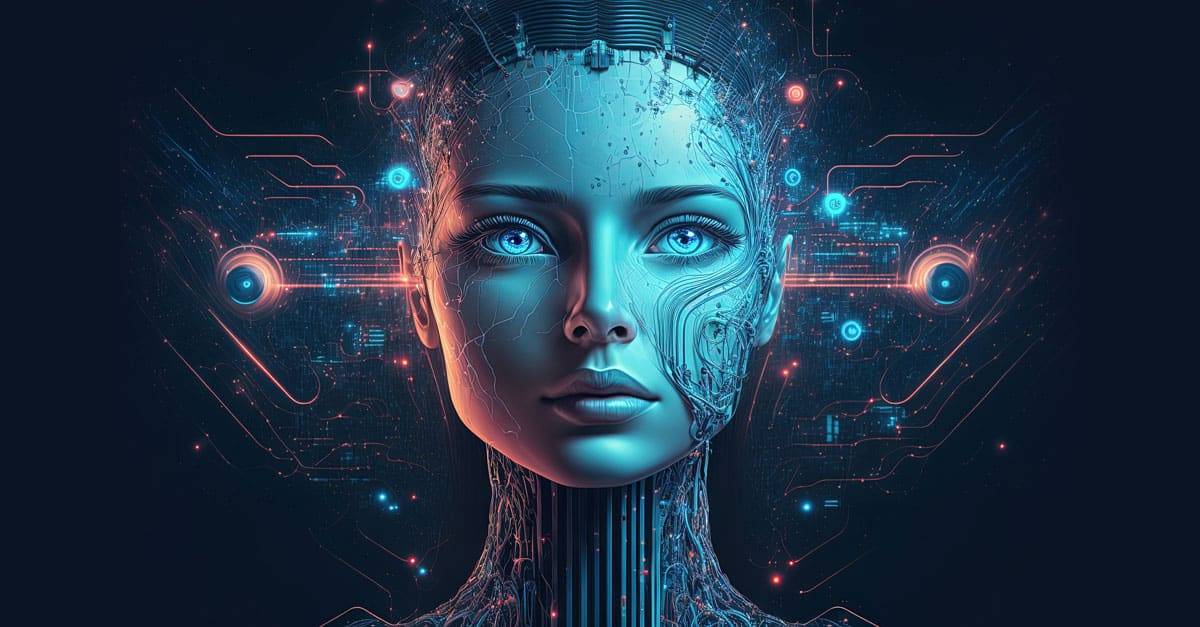The Importance of AI for Business
Intelligent solutions and specific applications are the only areas where AI can be used today, such as navigation systems. Strong AI, on the other hand, is constantly evolving and is capable of finding its own solutions to challenging problems. It has a creative scope of action beyond its programming. Strong AI in this sense does not yet exist, but there are many experiments and technological advances that point in this direction. If AI becomes widespread, GDP growth of more than 13% by 2025 (compared to 2019) is realistic. This translates into a total potential of around €488 billion. Around €330 billion (70 per cent) of this is due to cost savings and around €150 billion (30 per cent) to revenue potential across all industries. This is only an estimate for Germany, but it can be assumed that other countries with similar technological developments can also take their lead from these figures.
Affected industries
Artificial intelligence can be used in many industrial sectors to improve processes and increase efficiency. These include production, logistics, quality control, maintenance and repair, and process automation. AI can also be very useful in product development and supply chain management. In addition to industries such as automotive or technology, AI is also used in robotics or data centres.
Robotics: AI is also enabling robots to have more and more capabilities, not only in manufacturing and assembly, but also in image recognition.
Data centres: Data centres have an additional critical infrastructure, as overheating servers can cause significant problems, so cooling is critical. AI software from IS Predict, for example, allows a data centre operator to receive alerts with 99% accuracy when an air conditioner breaks.
Wealth Aggregation: Simple, Dynamic, and Secure Beyond Compare. Discover the Altoo Wealth Platform!
AI Risks
The larger the amount of data, the easier it is to misuse or steal. Therefore, people using AI need to ensure that their data is better protected. It is clear that artificial intelligence is automating a large number of tasks that were previously performed by humans. Therefore, it can be argued that fewer workers will be needed in such a company, so many jobs will be eliminated. On the other hand, AI is less prone to error than humans, because it is well known that errors are more human than machine. But today, artificial intelligence only learns in a predetermined way. This means that if something is programmed incorrectly from the start, the AI will not notice and will carry out the programmed command. So the question arises, for example, who is responsible if an AI leaks sensitive data or damages other technology? The question of who is responsible for mistakes when a company uses artificial intelligence is often still unclear. The fact is that AI is already part of the economy and will continue to play an increasingly important role in all areas of life. It is therefore important to address these issues now and to focus more on the field of AI.









